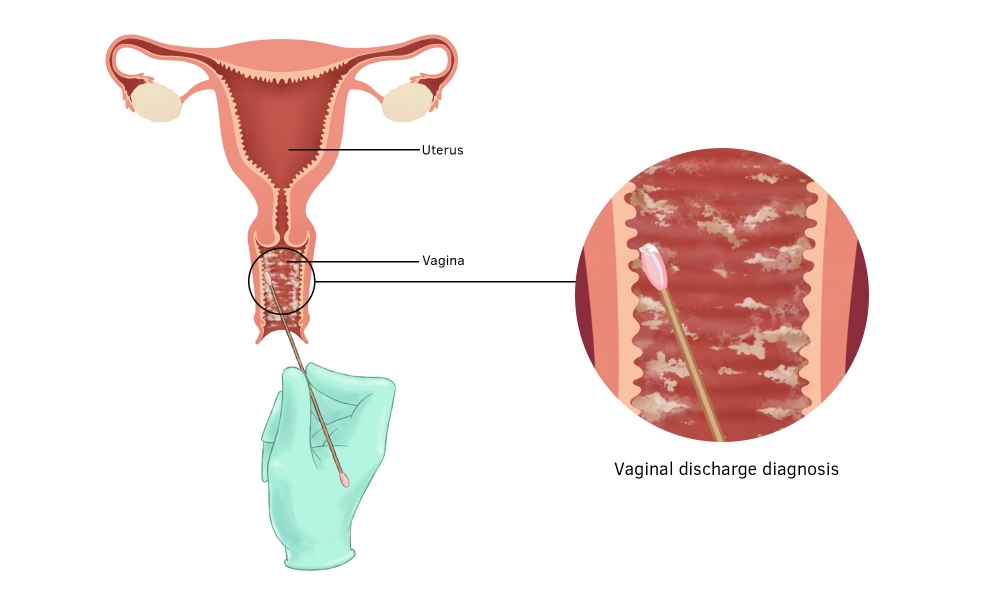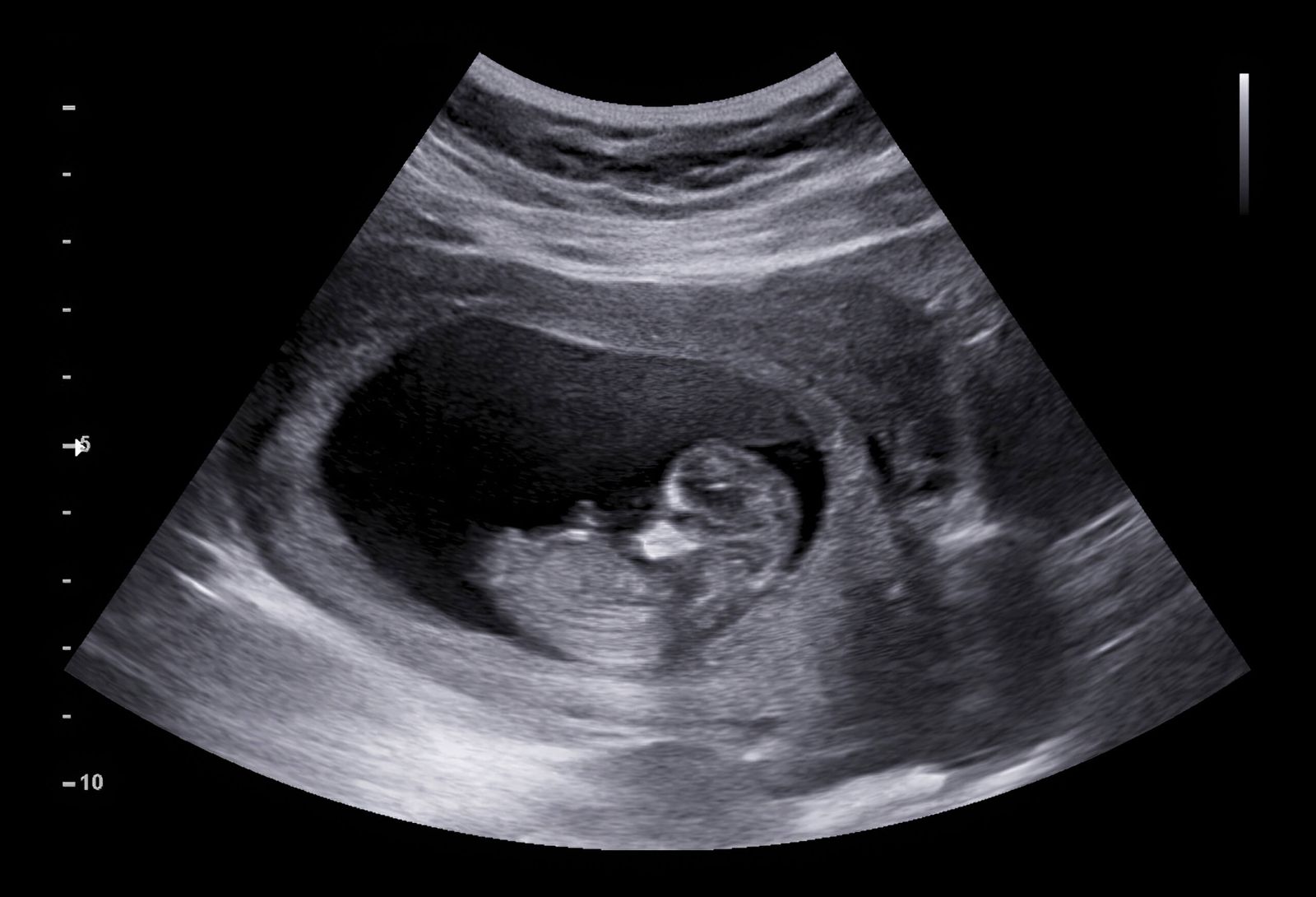Congratulations on your pregnancy! This is an exciting time filled with anticipation and joy. However, for some women, pregnancy can come with additional concerns. If you’ve been told you have a high-risk pregnancy, you might be feeling overwhelmed or unsure what to expect.
What is a High-Risk Pregnancy?
A high-risk pregnancy simply means there’s an increased chance of complications for the mother, baby, or both. This doesn’t necessarily mean there will be problems, but it does necessitate closer monitoring and potentially different management strategies throughout the pregnancy.

Risk Factors for a High-Risk Pregnancy
Several factors can contribute to a high-risk pregnancy. Here are some of the most common:
- Maternal Age: Being very young (under 17) or older (over 35) during pregnancy can increase risks.
- Pre-existing Medical Conditions: Chronic health conditions like diabetes, high blood pressure, autoimmune diseases, and blood clotting disorders require careful management during pregnancy.
- Weight: Both underweight and overweight/obese women are at higher risk for pregnancy complications.
- Multiple Pregnancies: Carrying twins, triplets, or more babies increases the risk of preterm birth and other complications.
- Previous Pregnancy Complications: A history of miscarriage, premature birth, birth defects, or pregnancy-related health issues can raise concerns.
- Lifestyle Factors: Smoking, alcohol consumption, and drug use significantly increase risks for the mother and baby.
- Infections: Certain infections during pregnancy can be harmful to the fetus.
Potential Complications of High-Risk Pregnancies
While a high-risk pregnancy doesn’t guarantee complications, it’s important to be aware of potential issues. These can include:
- Preeclampsia: A pregnancy complication causing high blood pressure and other symptoms.
- Gestational Diabetes: High blood sugar levels that develop during pregnancy.
- Preterm Birth: Delivering the baby before 37 weeks of gestation.
- Birth Defects: Congenital malformations that affect the baby’s development.
- Miscarriage: Loss of the pregnancy before 20 weeks.
- Cesarean Delivery: Surgical delivery of the baby may be necessary.
Prenatal Care for High-Risk Pregnancies
Early and consistent prenatal care is crucial for all pregnancies, but especially for high-risk ones. Your doctor will likely recommend:
- More frequent prenatal visits: This allows for closer monitoring of your health and the baby’s development.
- Additional tests: These might include ultrasounds, amniocentesis, or chorionic villus sampling to assess the baby’s health and check for abnormalities.
- Specialized care: Depending on the specific risk factors, you may be referred to a maternal-fetal medicine specialist for high-risk pregnancy management.
Reducing Risks and Promoting a Healthy Pregnancy
Even with a high-risk pregnancy, there are steps you can take to improve the chances of a healthy outcome:
- Follow your doctor’s instructions: This includes attending all appointments, taking prescribed medications, and maintaining a healthy lifestyle.
- Maintain a healthy diet: Eat a balanced diet rich in fruits, vegetables, whole grains, and lean protein.
- Get regular exercise: (with your doctor’s approval) can improve overall health and well-being during pregnancy.
- Manage stress: Stress can negatively impact pregnancy. Practice relaxation techniques like yoga or meditation.
- Avoid smoking, alcohol, and drugs: These substances are harmful to the developing baby.
- Get enough sleep: Aim for 7-8 hours of sleep each night.
Finding Support for a High-Risk Pregnancy
A high-risk pregnancy can be emotionally challenging. Having a strong support system is essential. Here are some resources:
- Your doctor and healthcare team: They are your primary source of information and support.
- Support groups: Connecting with other women facing similar challenges can be invaluable.
- Mental health professionals: A therapist can help you manage stress and anxiety.
- Online resources: Reputable websites and forums can provide additional information and support.
Remember: A high-risk pregnancy doesn’t have to define your experience. With proactive care, a healthy lifestyle, and a supportive network, you can significantly increase your chances of a happy and healthy outcome.







